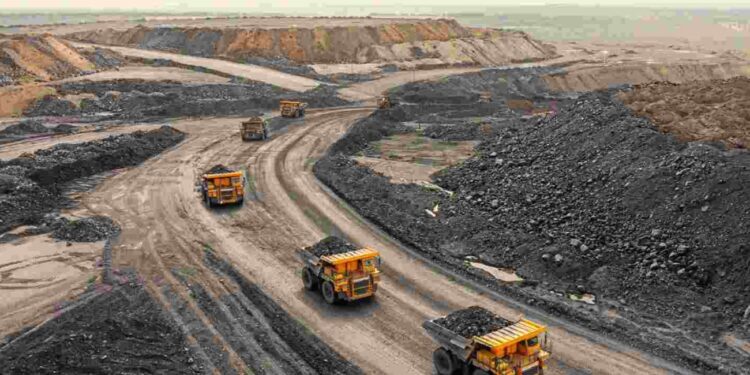Kenya’s mining sector has an enormous potential to drive economic and social growth and development. The report of the nationwide airborne geophysical survey, which was released in 2022, revealed 970 mineral occurrences across all 47 countries. The discovery of large deposits of Coltan, a rare and precious mineral used to manufacture electronic devices, highlights the enormous underground wealth buried under the Kenyan soil.
Based on these recent developments, the mining industry has the potential to contribute up to 10% to the country’s gross domestic product (GDP). Unfortunately, the industry’s contribution to Kenya’s GDP is only 1%.
The Kenyan government has announced plans to expand the share of the mining industry in the GDP from 1% to 10% by 2030 through expanded exploration, mineral development, and value addition. However, such plans should be accompanied by stringent measures to deal with challenges that prevent the mining industry from benefiting citizens.
Current challenges
As is often the case in African countries, Kenya does not benefit adequately from her mineral resources. Several issues contribute to this situation.
One of the key issues that has plagued the mining industry is low transparency. The government’s failure to disclose the full findings of the geophysical survey conducted a few years ago indicates the secrecy surrounding the sector. In addition, there is a lack of transparency in the issuance of mining licenses and contracts. theht
The lack of disclosure of mining contracts and beneficial owners of mining companies fuels illicit financial flows that deny the country the chance to adequately benefit from its vast minerals. Illicit financial flows refer to the funds earned, transferred, or utilized illegally from one country to another through practices like corruption, tax evasion, and trade misinvoicing.
A recent report by the Global Finance Integrity (GFI) outlined how Kenya potentially loses mining revenues to illicit financial flows. GFI revealed Kenya lacks open and publicly searchable beneficial ownership records. The secrecy creates the ground for the undue influence of political and economic elites on the industry to thrive.
Another key issue that requires urgent action is the lack of rigorous public participation. The anti-Finance Bill 2024 protests revealed the scrappy nature of public participation in Kenya. Decisions about the management of the mining industry are primarily made by political appointees and leaders.
Among the key stakeholders who are excluded from official decision-making are ordinary citizens and communities who are negatively impacted by mining. Poor community engagement could trigger conflicts, which would hinder mineral exploitation.
What’s needed
Despite the challenges, mining in Kenya holds huge potential for economic growth and development. It is imperative that the government establish effective policies to streamline the management of the country’s mining sector.
First, the government should disclose the full findings of the country’s mineral wealth reports to the public. There is no compelling reason the government should withhold such critical information from its citizens.
Second, the government should ensure open and effective public participation to increase citizens’ participation in making decisions on matters relating to the extractive industry. All citizens should have an open platform to share their voices regarding the awarding of mining contracts, collection and management of royalties, and safety and environmental risks associated with mining activities.
Third, it is also imperative for the government to ensure transparent and competitive licensing and awarding of mineral contracts.
Lastly, and more crucially, the government should create a digital platform that provides its citizens free and open access to data on mining contracts, beneficial ownership, and revenue-sharing agreements. Adequate disclosure helps to prevent illegal awarding of contract to the economic and political elites.
Final thoughts
Overall, Kenya’s mineral resources carry a huge potential to grow the country’s economy exponentially and improve the well-being of all citizens across the country. With proper management and exploitation, the mining sector has the potential to eliminate the national debt, foster infrastructural development, and improve social services.
But achieving this transformation necessitates a strong commitment to increase transparency, tackle corruption, and ensure equitable sharing of mining benefits. Kenya’s wealth should no longer be enjoyed by a few while most citizens struggle with poverty.














